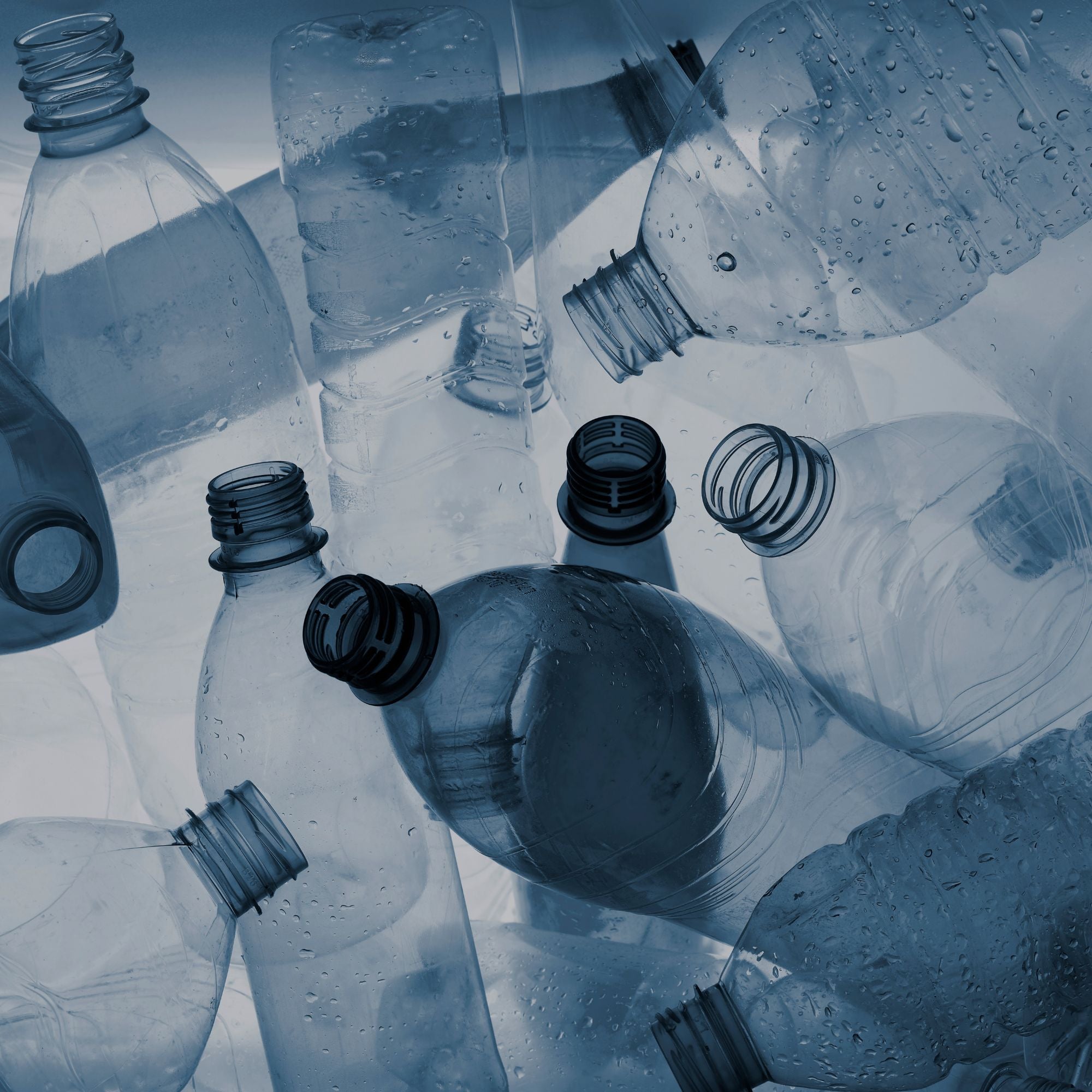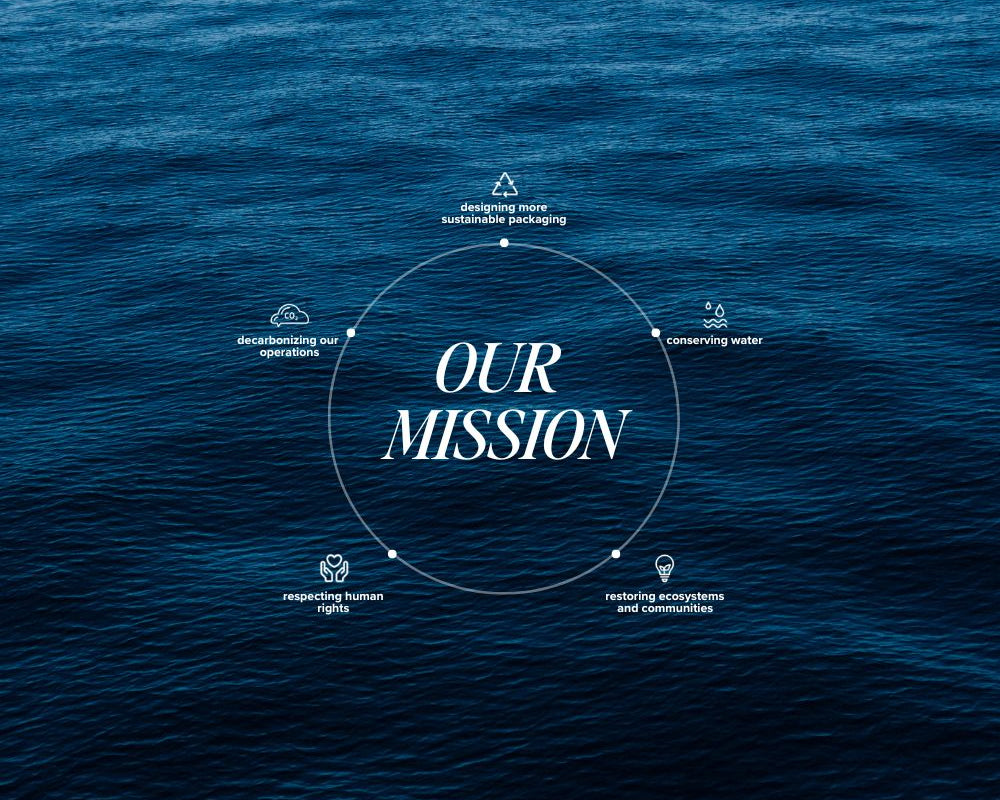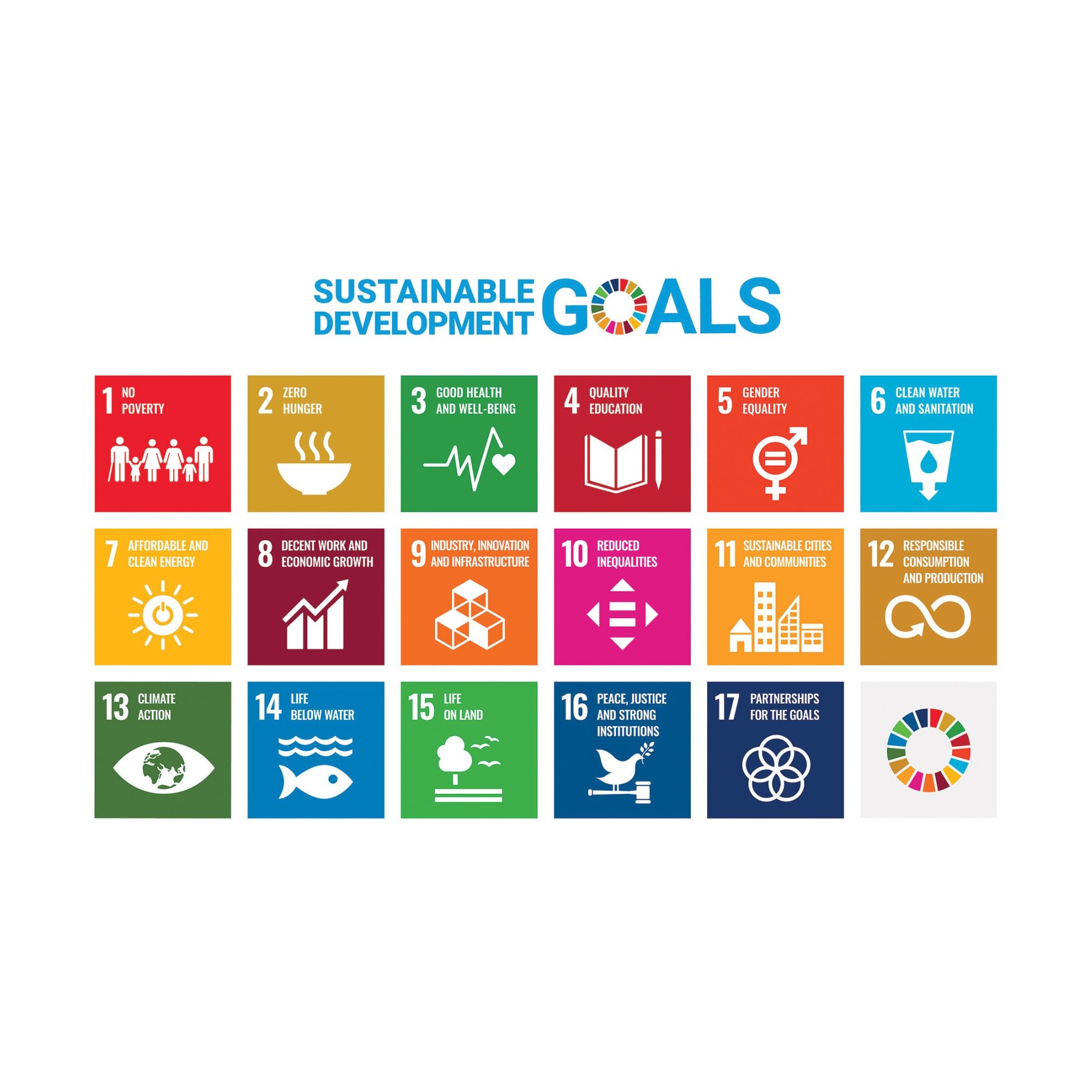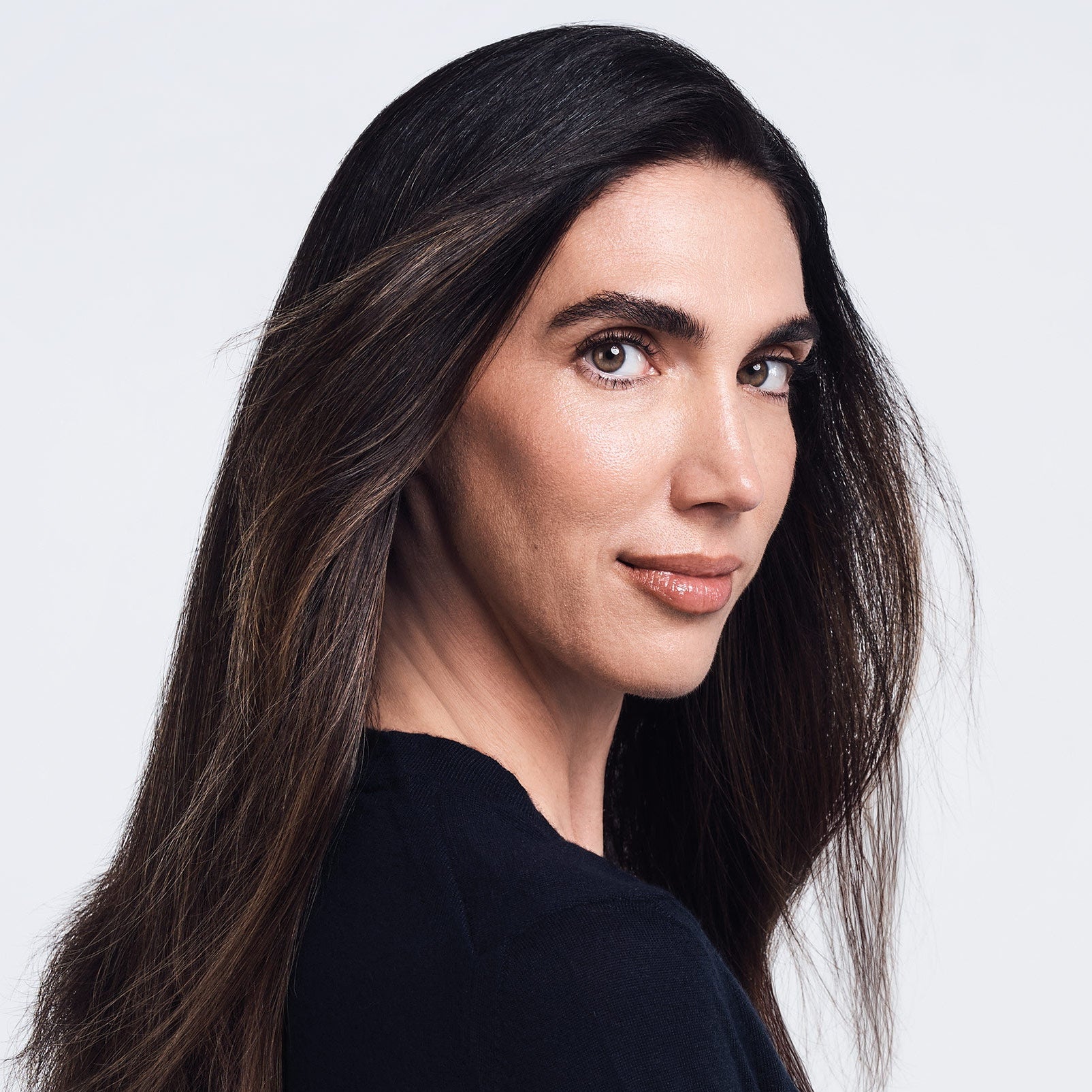-
By Category
-
By Benefit
-
By Hair Type
-
By Brand
-
Featured Collections
- All Products
New Arrivals
Explore now
By transitioning to post-consumer recycled plastic, we saved 224 tons of virgin plastic across our portfolio in 2024, the equivalent of saving 27.3 million 16.9 oz. water bottles.*

In 2024, solar panels on our Global Distribution Center in Santa Clarita, California, generated 383,641 kWh of solar energy, the equivalent of saving 492,743 miles driven by an average gasoline-powered car (enough to circle the globe 19 times).*


We are proud to align with the UN Sustainable Development Goals (SDGs) to help create a brighter future for all.

Michaeline DeJoria
CEO, John Paul Mitchell Systems